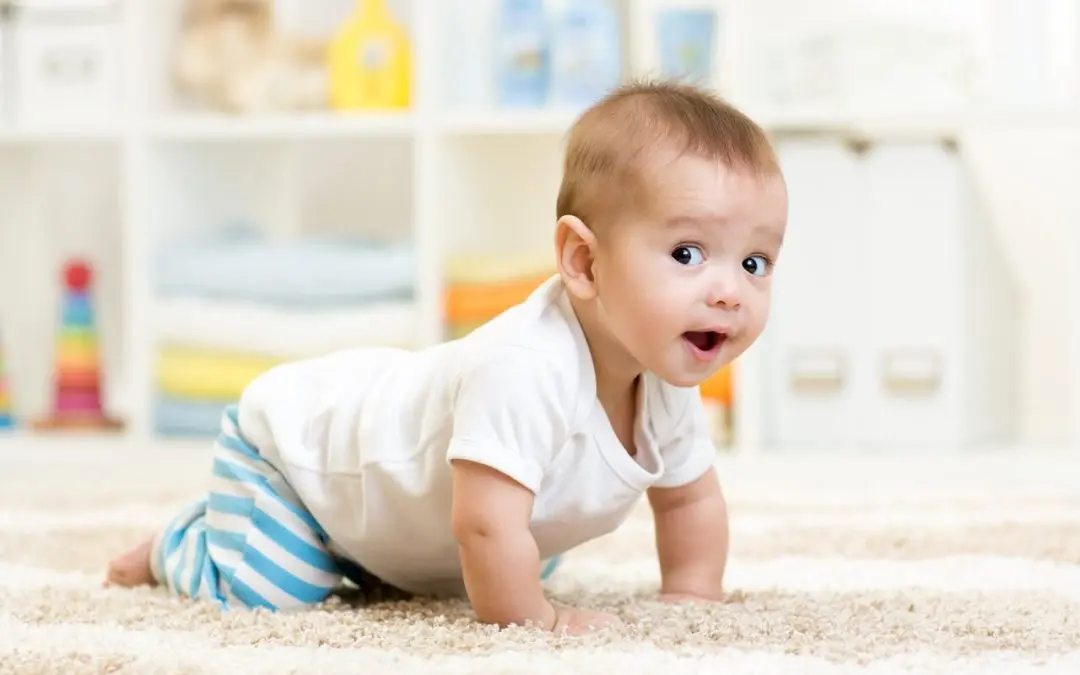Welcoming a new baby into your home is a joyful and exciting time. But babies are naturally curious, and once they start crawling and walking, everyday household items can quickly become hazards. That’s why it’s crucial to babyproof your home early and thoroughly. Taking steps now will help prevent accidents and give you peace of mind as your baby begins their journey of discovery.
Babyproofing isn’t just about covering outlets and locking cabinets—it’s about seeing your home from a baby’s perspective and planning ahead. Whether preparing for your first child or updating safety measures for a growing toddler, making thoughtful changes will make a huge difference.
Why You Need to Babyproof Your Home Early
As soon as your baby becomes mobile, they’ll explore every nook and cranny. By the time they’re crawling, they’ll be grabbing cords, opening drawers, and reaching for anything within sight. The best time to babyproof your home is before your baby becomes mobile. That way, you’re not scrambling to catch up once they’re on the move.
From sharp furniture corners and exposed outlets to cleaning supplies and staircases, your home contains more hazards than you might realize. Babyproofing helps minimize risks and creates a safer space for your little one.
Start with a Walkthrough of Your Home
The first step to babyproofing your home is to do a detailed walkthrough, room by room. Try to see everything from a baby’s eye level. Look for things that would catch their eye, things they could grab, pull, climb on, or put in their mouth.
Key safety tasks include securing heavy furniture to the wall, anchoring TVs, removing choking hazards, and keeping cords out of reach. The goal is to reduce opportunities for injury, especially in frequently used areas like the living room, kitchen, and nursery.
Babyproof Your Home Room by Room
Every room in your home presents unique challenges. In the kitchen, babyproofing might include locking cabinet doors, installing stove knob covers, and keeping sharp objects or cleaning supplies well out of reach. You’ll want to secure medications, cover faucets, and ensure the toilet lid stays shut in the bathroom.
Nurseries should be calm, clutter-free, and equipped with furniture that meets safety standards. Ensure crib slats are the correct distance apart, cords from blinds are out of reach, and changing tables are never left unattended. Taking a strategic, room-by-room approach makes it easier to babyproof your home effectively.
Babyproof Your Home with Long-Term Safety in Mind
As your baby grows into a toddler, their abilities and risks will evolve. Babyproofing isn’t a one-time project; it should grow with your child. Think ahead to the stages your baby will go through in the coming months and install safety features that will continue to be effective as they become more mobile and curious.
For example, gates at the top and bottom of staircases may be necessary now, while doorknob covers and window locks might become more important later. A safe home adapts as your child grows.
Don’t Forget About Outdoors
If you have a yard, deck, or patio, babyproofing those spaces is just as important. Ensure fences are secure, pools are gated with self-latching locks, and outdoor furniture is stable. Keep gardening tools and chemicals locked away, and check for sharp edges or gaps where small children could get stuck.
Outdoor spaces offer great opportunities for play and fresh air, but when you babyproof your home, they should be just as safe as your indoor areas.
Babyproofing your home is one of the most important things to protect your child’s well-being. With some planning, you can create a safe and comfortable home for your newest family member to explore.
FAQs
When should I babyproof my home?
Ideally, begin babyproofing before your baby crawls, around 4 to 6 months old. This gives you plenty of time to prepare your home for the following stages of mobility.
What are the most important things to babyproof?
Focus on outlets, sharp furniture corners, cabinets with harmful substances, stairs, and areas with cords or small objects. Anchor furniture and secure anything that could tip or fall.
Do I need to hire a professional to babyproof my home?
Not necessarily. Many parents successfully babyproof their homes on their own with the right tools and plan. However, a professional babyproofing service may be worth considering if you feel overwhelmed or have a large house.
How often should I update my babyproofing measures?
Check your home every few months or before your child reaches a new developmental milestone.
JBS Home Inspections offers home inspections in the greater Boston area. Contact us to request our services.

